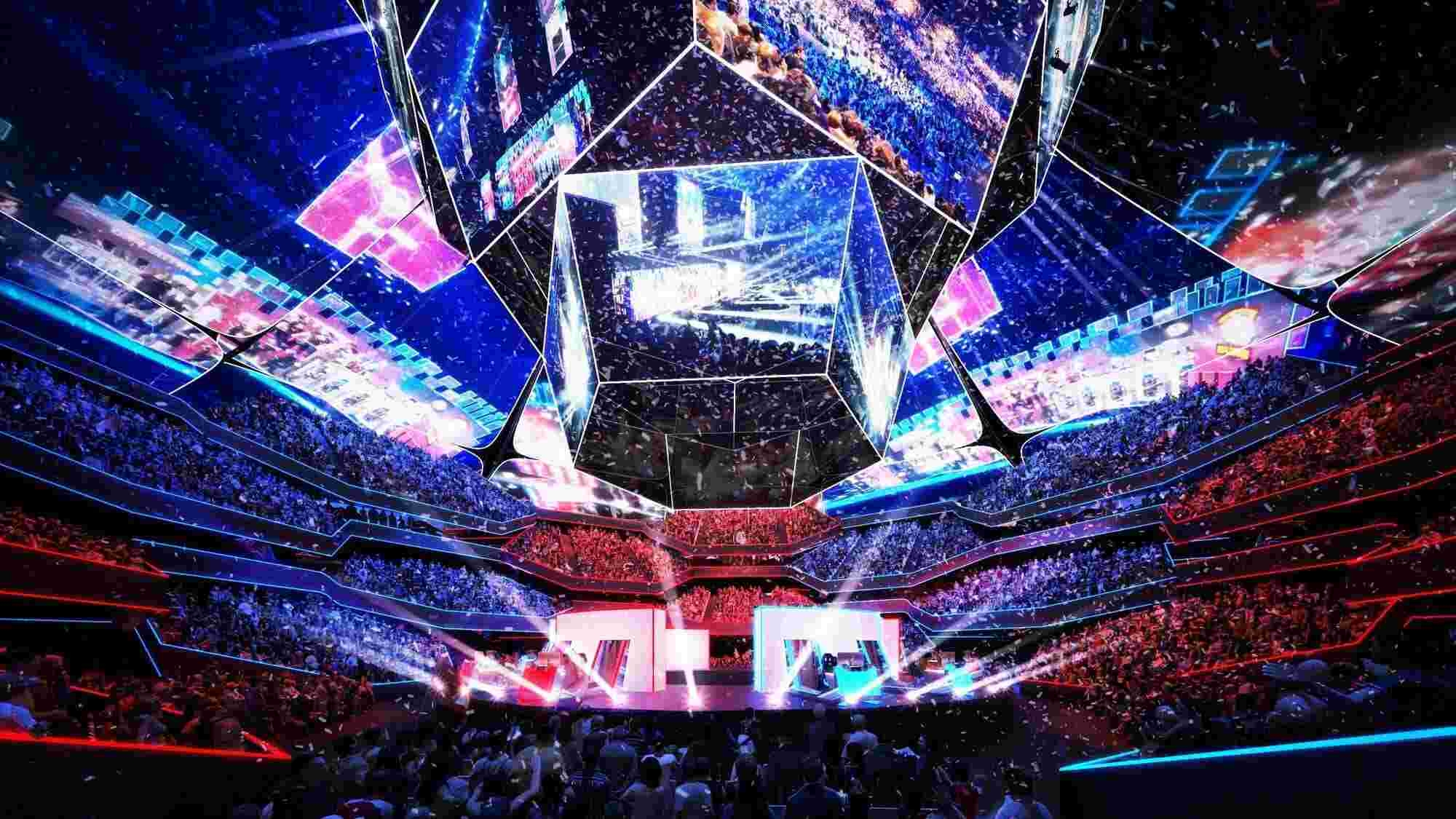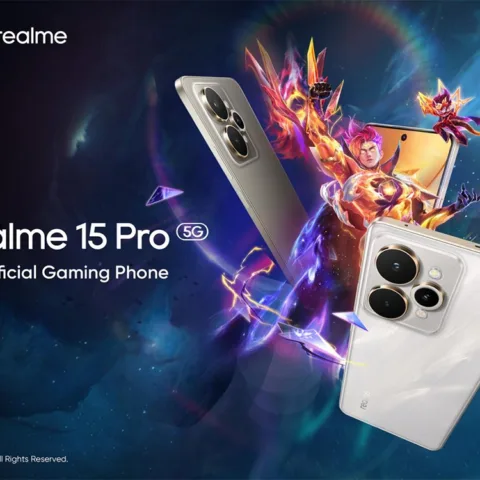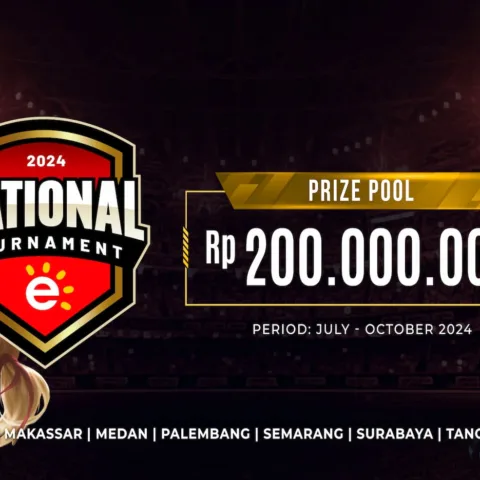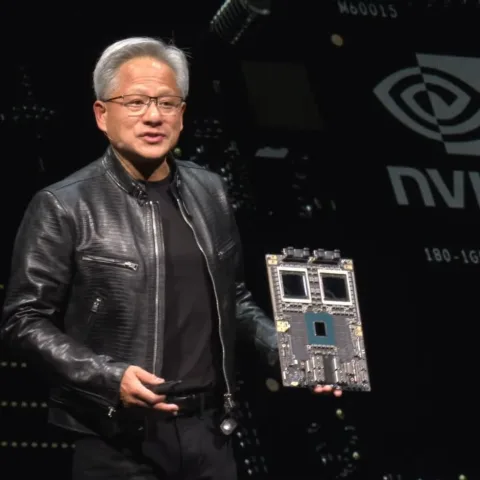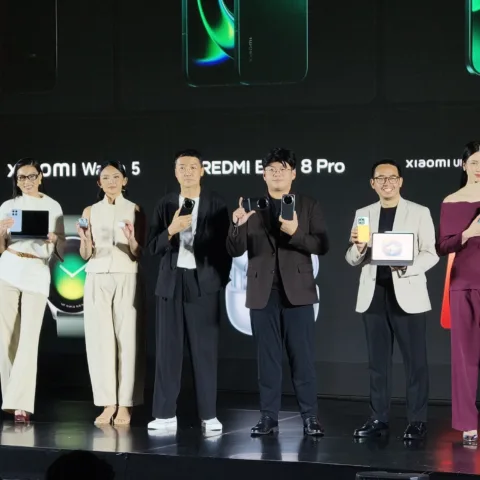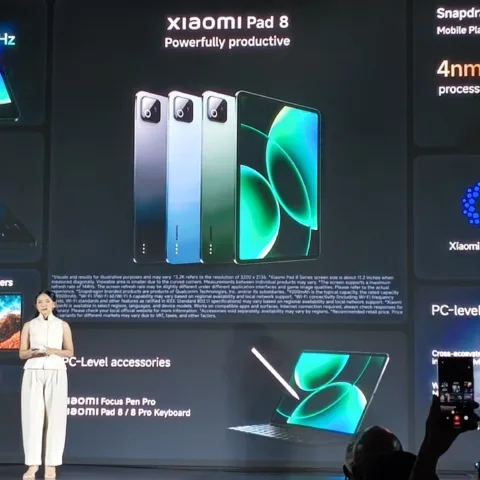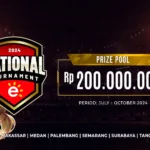In the esports world, game publishers are the absolute power holder who can determine every aspect of the game’s ecosystem. They are essentially the kings of the esports kingdom. Of course, there are pros and cons that comes with this system. On the one hand, publishers can give much-needed resources to grow and develop an esports ecosystem. On the other hand, publishers can also single-handedly shut down the whole esports ecosystem if deemed unprofitable. Let’s explore each these advantages and disadvantages in greater depth.
Advantage #1: No Power Scramble
In Indonesia, four major associations oversee the country’s esports scene, namely the Indonesia Esports Association (IESPA), the Indonesian Video Game Association (Asosiasi Olahraga Video Games Indonesia or AVGI), the Indonesian Esports Federation (Federasi Esports Indonesia or FEI), and the Indonesian Esports Executive Board (Pengurus Besar Esports Indonesia or PBESI). Each association has its own affiliation. For example, IESPA has been a member of the International Esports Federation since 2013 and has been a member of the Indonesian Olympic Committee (Komite Olimpiade Indonesia or KOI) since 2018. In addition, it is also affiliated with the Indonesian Community Recreational Sports Federation (Federasi Olahraga Rekreasi Masyarakat Indonesia or FORMI). On the other hand, PBESI has a close relationship with the Indonesian National Sports Committee (Komite Nasional Olahraga Indonesia or KONI).
In August 2020, KONI recognized esports as a legitimate sport, no longer considered as merely a recreational sport. On the other hand, PBESI’s position is on par with the Football Association of Indonesia (PSSI) or the Badminton Association of Indonesia (PBSI). According to One Esports, however, PBESI is the association with the highest authority or power in promoting esports. All of this information suggests that IESPA’s power or influence in the esports realm is not very widespread. However, IESPA used to be involved in encouraging esports athletes to compete in global competitions and is even responsible for selecting esports athletes at the 2019 SEA Games.
We are proud to announce the Indonesian Esports national team contingent squad for the 2019 SEA Games. Further finalization processes will be carried out by the Indonesian Olympic Committee and @KEMENPORA_RI. Please support us so that Indonesia can win as much gold medals as possible! pic.twitter.com/OZ3apKDZgV
— Indonesia Esports Association (@iespaorg) September 2, 2019
Ideally, these esports associations in Indonesia can work hand in hand to develop the esports ecosystem in the country. Boxing, for example, has four associations that can coexist in overseeing and developing the sport. However, the coexistence of multiple associations does present the possibility of conflict and the overlapping of responsibilities.
Instead, if one single organization controls the whole sport, these power struggle conflict can be prevented entirely. Publishers can ensure that all parties involved in the esports ecosystem (players, teams, tournament organizers) will comply with the rules they set. As a result, the development of the esports ecosystem will become a much more cohesive and stable process.
Let’s compare the absolute power of publishers in the esports scene with a dictatorial government system. People have always said that a democratic system is far better than an autocratic one. However, in a democracy, the government leadership or power will always change once every few years. In Indonesia, for example, a person can serve as president for a maximum of ten years (or two terms).
Unfortunately, different leaders will have different visions, goals, virtues, and implementation of policies. Erratic changes can occur especially if the new leader comes from the opposing party, which happened in DKI Jakarta a few years ago. When Anies Baswedan and Sandiaga Uno won the DKI Jakarta Regional Head Election in 2017, they immediately modified several policies that were put in place by the previous governors.
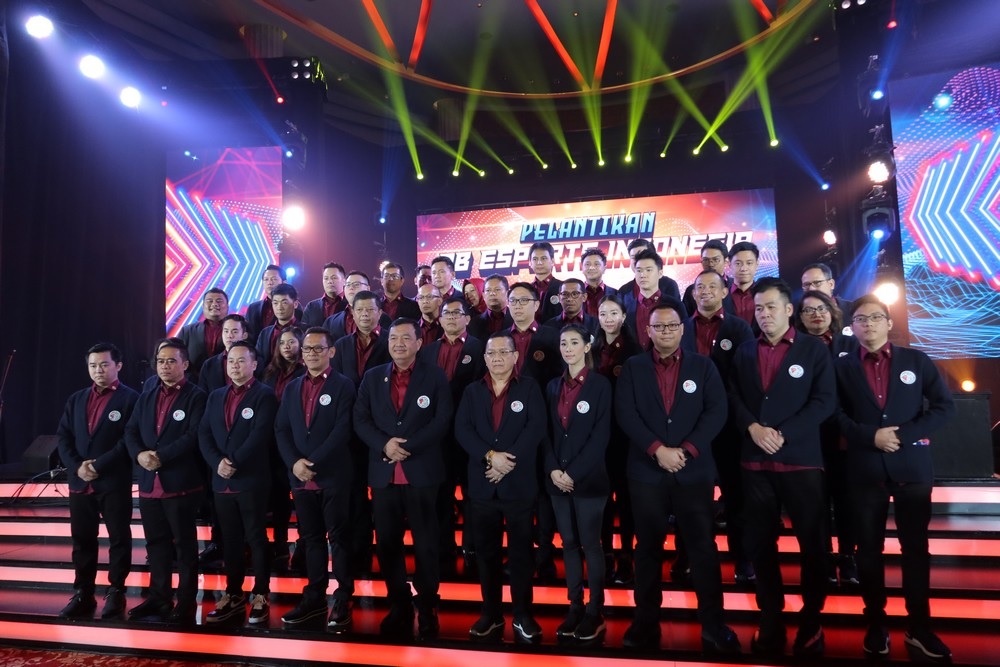
Of course, in the context of a country or state, a change in leadership may have a positive impact in the long term. However, in the esports scene, continuity is a very important commodity. For example, let’s say that the majority of the power in the esports scene was in the hands of association A. The association felt that the regeneration of esports players is of utmost importance and subsequently hosted several competitions at the high school and college level. However, the very next year, the power shifted to association B, which considers amateur-level tournaments unnecessary. Association B proceeds to disband all competitions at the student level held by association A in the previous year. You can see how changes of power or influence can cause instability and conflict in the esports ecosystem
On the flip side, countries under dictatorship solely depend on the goals and policies that the dictator implements. Similarly, when the publisher holds absolute power, the success or failure of the esports scene will depend entirely on the publisher’s actions. Fortunately, most game publishers do want their esports ecosystem to thrive since it highly impacts their finances and revenue.
Advantage #2: Publishers will try their best to maintain and cultivate their esports ecosystem
Valve earned approximately $130.8 million USD from the sales of The International 9 Battle Pass. 25% of the total Battle Pass sales — approximately US$32.7 million — went directly to TI9’s prize pool, enabling it to accumulate a whopping $34.3 million USD. Valve, interestingly, only prepared $1.6 million USD for the starting price and pocketed $98.1 million USD from the 75% of remaining sales of the Battle Pass. Dota 2 is a relatively old game, launched in July 2013, which is also free to play. However, due to the massive success of its esports scene, Dota 2 is arguably the most profitable money-making machine for Valve. Looking at Valve’s success from Dota 2, it begs the question: why do some game publishers not opt to maintain or grow their esports scene?
Of course, The International might be an extreme case that is not easily replicable for most publishers out there. However, publishers do have other options for monetizing the esports scene than just using the prize pool. For example, Riot Games creates special and limited skins based on the team that won the League of Legends World Championship. Riot also implemented the franchise league model to generate extra revenue from esports. A franchise league model allows teams to participate in the league if they pay a certain amount of money. Currently, Riot has implemented the model in three different LoL leagues, namely the North American League (LEC), European League (LEC), and South Korean League (LCK). In Indonesia, one of the publishers that adopt the franchise league monetization model is Moonton through Mobile Legends Professional League (MPL).
PBE previews, @DWGKIA for the win!
🏆DWG Nidalee
🏆DWG Kennen
🏆DWG Twisted Fate
🏆DWG Jhin
🏆DWG Leona pic.twitter.com/lk2YxQrWYI— League of Legends (@LeagueOfLegends) April 13, 2021
Esports can also be used as a marketing tool to maintain the player base and extend the life span of a game. Ubisoft is an example of a successful publisher that uses esports as a means of marketing. In 2016, a year after launching Rainbow Six: Siege, the game only has around 10 million active players. Jumping to 2020, however, that number skyrocketed to 55 million players. This trend usually does not occur in the gaming industry, as games often lose players a few years after their release. However, Ubisoft uses R6’s esports scene to keep the game relevant and maintain the loyalty of its fans.
As we can observe, the esports scene can highly impact the success and relevancy of a game throughout its life span, which is why most game publishers will try their best to develop their esports ecosystem. For example, Dota 2 and Counter-Strike: Global Offensive were used to have a very big scene in Indonesia. However, since both of these franchises’ esports were not properly cultivated in the country, Dota 2 and CS eventually died out in the region. Very few esports organizations in Indonesia still have teams competing in these two games, and the player base in the country is also shrinking rapidly.
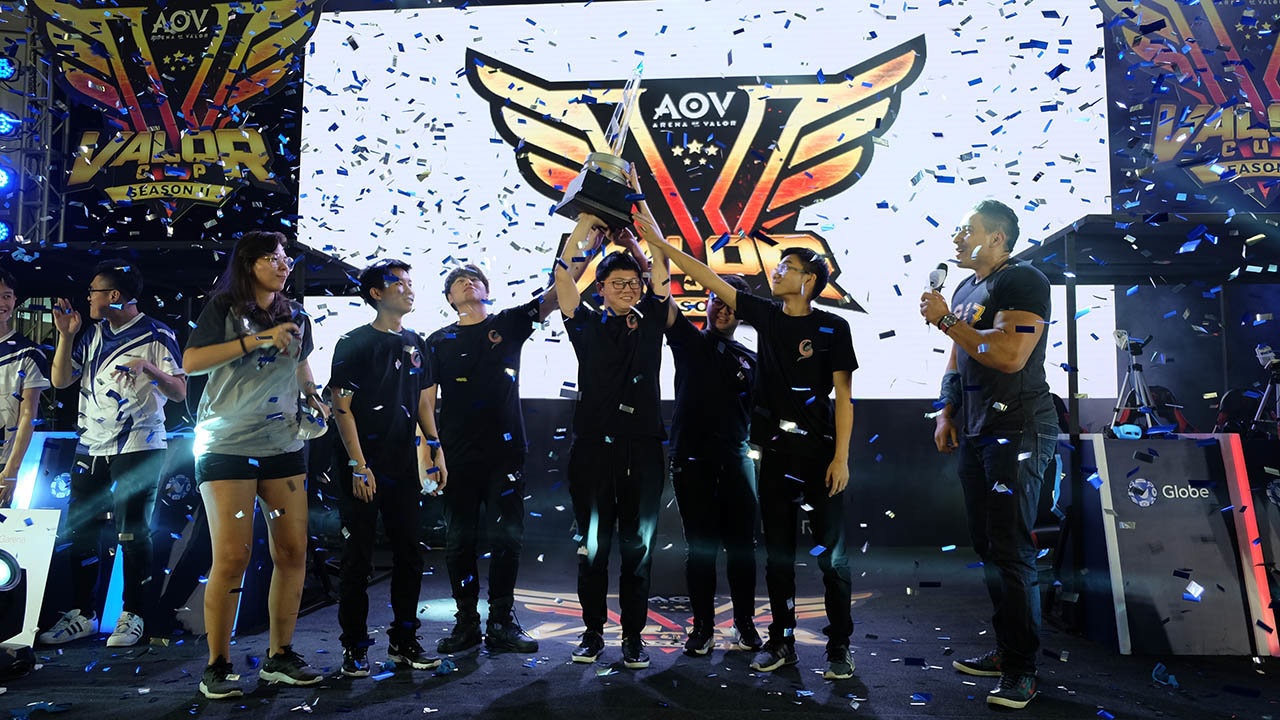
Similar to Dota 2 and CS, Arena of Valor is also losing its prestige in the local esports ecosystem. However, the AOV esports scene is still very much alive and much more thriving than the two previous games. AOV’s major tournament, Arena of Valor Premier League, is still being held today, with prize pools reaching $350 thousand USD. As you may have already expected, Tencent and Garena were directly involved in hosting these tournaments. Therefore, although some esports ecosystems can survive without publisher support (like what we see locally with Dota 2), the game publisher’s support will extensively affect the degree of success of an esports scene.
Advantage #3: Fixed Set of Rules
In most esports, both tournament organizers and game publishers usually determine the rules in their esport scenes. However, publishers do have a stronger influence to enforce the rules they set since they obviously have direct access to the game. For example, if an esports player cheats in an official PUBG Mobile competition, Tencent can directly ban the player ID from the game. On the other hand, if a player was caught cheating in a third-party tournament, then he/she might only be banned from participating in the tournament.
We can also take an example from Pro Evolution Soccer, one of the large esports ecosystems in Indonesia without publisher support. The PES esports scene can grow due to the efforts of Liga1PES and also the Indonesia Football e-League (IFeL). Of course, these 2 leagues have implemented their own set of rules. However, Liga1PES will not be able to interfere in the regulations made by IFeL and vice versa, potentially causing several inconsistencies or interference.

Indeed, there is a possibility of abusing the absolute power that publishers have. However, referring back to the second point/advantage, publishers will most likely use their influence for the good of the esports ecosystems as it directly impacts their finances.
Disadvantage #1: Abrupt Shutdowns of the Esports Ecosystem
Although esports can generate a lot of revenue for publishers, creating and maintaining a profitable esports ecosystem is not an easy task. More often than not, publishers have to invest a substantial amount of budget and time to develop the esports scene of their games. As a result, when esports is no longer deemed profitable for the company, it can decide to pull out their investments and shut down the ecosystem overnight. Blizzard Entertainment is an infamous publisher that has done this in the past.
In 2015, Blizzard released Heroes of the Storm as their MOBA franchise. In the same year, Blizzard collaborated with a university-level esports organization, Tespa, to hold a HoTS competition called Heroes of the Dorm. Blizzard provides a prize pool of $25,000 USD in scholarships for the winning team. One year later, in 2016, Blizzard held a top-tier HoTS competition for professionals called Heroes of the Storm Global Championship (HGC). It went all-in on the tournament, making it global, and invested a lot of capital into it. The HoTS esports scene was a massive hit, gathering a number of well-known esports organizations, such as Gen.G from South Korea and Fnatic from England.
Unfortunately, in December 2018, Blizzard decided to stop supporting the HoTS esports scene, considering it to be unprofitable. Blizzard did not inform this move far ahead of time, causing many HoTS professional coaches and players to abruptly lose their jobs. Esports organizations that recently created HoTS teams also suffer sizable losses. Luckily, many loyal HoTS fans continued to push and support the HoTS esports scene, although most tournaments are conducted at a much smaller scale.
Blizzard’s decision to unilaterally shut down HoTS’ esports is one of the negative impacts that may arise when publishers hold absolute power in the esports world. South Korean politicians even reacted to Blizzard’s action and subsequently made regulations to prevent this type of event. In May 2021, Korean Democratic Party congressman Dong-su Yoo proposed a regulation called the Heroes of the Storm Law which ensures that no tournament organizers or game publishers can abruptly cancel or shut down tournaments before properly informing related parties. According to a Naver Sports report, through the HoTS Law, Yoo hopes that game publishers will notify teams and players far ahead of time before executing an event cancellation.
“In esports, if the game publisher is no longer willing to support the competition, the rights of many other parties who are involved in the competitions, including esports organizations, players, casters, viewers, and others would seriously be affected by these kinds of unilateral decisions,” Yoo said, as quoted from The Esports Observer. He pointed out that most esports players are in their early 20s, a vital period of determining a person’s career. Instability or a sudden shut down of an esports ecosystem can have massive consequences. “Laws must be in place to protect them from unilateral damage,” he said.
Disadvantage #2: Publishers who have no interest in Esports
Nintendo, as an example, shows absolutely no interest in building an esports ecosystem out of Super Smash Bros. Contrary to our expections, however, the Super Smash Bros esports scene is actually quite developed. The game is included in EVO, a collection of the most prestigious fighting games competition, and an annual tournament called Smash Summit is also held since 2015. Despite the collective success that has been forged by the community, Nintendo still turns a blind eye towards Super Smash Bros’ esports scene.
Nintendo does provide some form of logistical support to the Smash community once in a while, but it rarely contribute to any sort of financial assistance. As a result, Super Smash Bros tournaments don’t have the large prize pools that we often see in other esports scenes. As a comparison, Smash Summit 5, which currently has the largest prize pool in all of Smash’s esports, only offered a prize of $83.7 thousand USD. On the other hand, MPL, which is only primarily broadcasted in Indonesia, has a prize pool of $150 thousand USD. Furthermore, Riot contributed $2.25 million USD for the League of Legends World Championship prize.
Nintendo’s philosophy towards Smash’s esports scene has generated a lot of backlash from professional Smash players. Eventually, in 2020, Nintendo’s President, Shuntaro Furukawa, was prompted to clarify the reasons behind Nintendo’s decision to not support the Super Smash Bros esports ecosystem. He explained that Nintendo wanted the game to be enjoyed by both casual and also hardcore players. Nintendo didn’t want to accentuate the differences in skills between the two groups. Indeed, most people do consider Super Smash Bros to be a much more casual fighting game played for fun and entertainment.
“Esports, in which players compete on stage for prize money as an audience watches, demonstrates one of the wonderful charms of video games,” Furukawa told Nikkei, as translated by Kotaku. “We are not necessarily opposing the idea of esports. However, we also want our games to be widely enjoyed by anyone regardless of experience, gender, or age. We want to be able to participate in a wide range of different events, instead of merely competing for prize money. Our strength, what differentiates us from other companies, is this different viewpoint.
Disadvantage #3: Declining Legitimacy of Third Party Tournaments
Let’s go back to Dota 2 for a moment. You probably have realized by now that The International is essentially the World Cup for Dota 2 players. Winning a TI is the pinnacle of all Dota 2 pros due to the sheer scale in prize pool money.
For Valve, the massive hype for TI is definitely beneficial for the company. For third-party tournament organizers, however, not so much. Obviously, third-party tournaments are incredibly insignificant compared to TI. You can probably win all non-TI tournaments in a year and still can’t get close to TI’s winning prize or prestige. Thus, some teams or players might be discouraged to participate in these smaller-scale tournaments. Subsequently, the tournament organizers might have a more difficult time getting views from audiences.
Furthermore, small-scale tournaments created by third-party organizers usually find it difficult to compete with official tournaments from publishers in terms of prestige. When you watch The International or PUBG Mobile Global Championship, you know that the teams competing in those tournaments are some of the best teams in the world. The teams in these high-tier tournaments need to go through a “preliminary round” at the national or regional level, filtering all the less competent teams. You can also observe which teams can compete at the national, regional, and global levels.
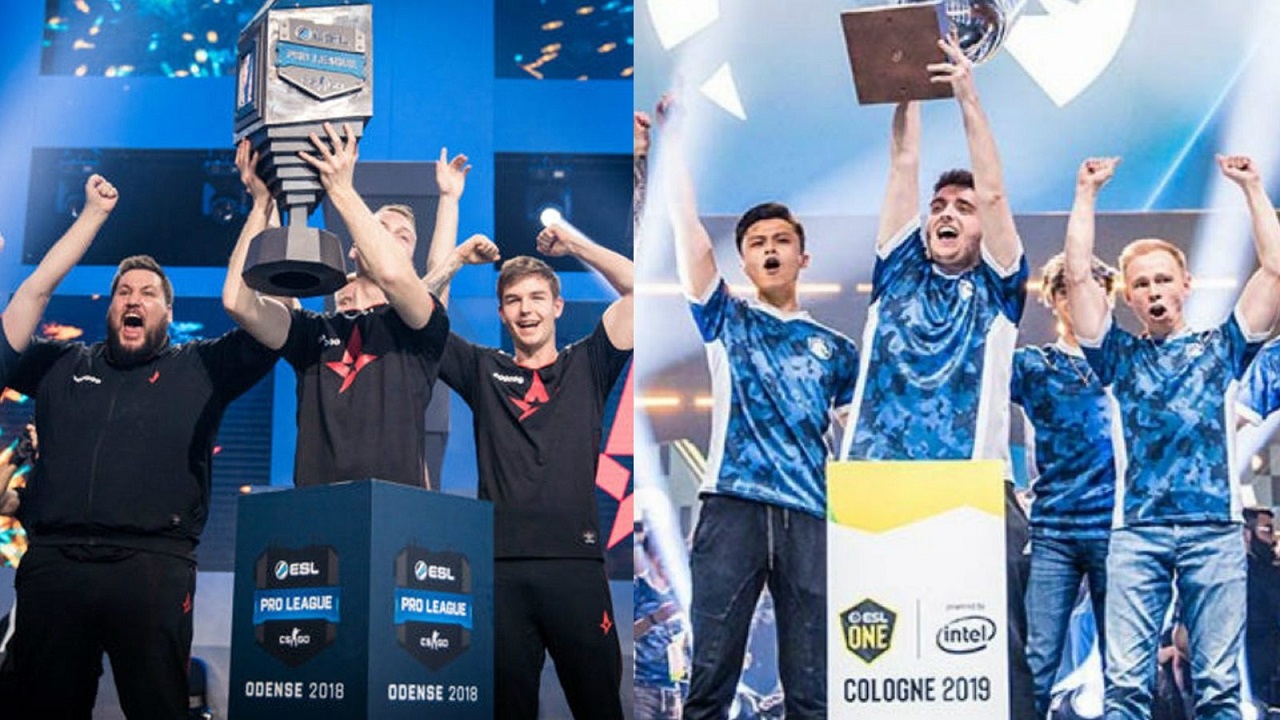
Of course, not all third-party TOs are willing to spend substantial investments to create this “filtration” process or a tiered esports competition. One exception is Intel, a non-publisher company that held the Intel Grand Slam with help from ESL Gaming. Intel Grand Slam offers a $1 million USD prize for a CS:GO team that wins 4 S-Tier tournaments in a window of 10 consecutive esport events.
The existence of the Intel Grand Slam does prove, to a certain extent, that third-party organizations can create high-tier and competitive tournaments. But, of course, not many companies are willing to invest as much as Intel. Intel has an adequate budget and is also considered an endemic brand in esports. As an illustration, in 2020, Intel’s revenue reached $ 77.87 billion USD. On the other hand, NVIDIA’s revenue in the 2021 fiscal year was only $16.68 billion USD, while Sony’s is $10.7 billion USD, and Lenovo Group only accumulated $50.7 billion USD.
Conclusion
There is a saying that goes: Power tends to corrupt, and absolute power corrupts absolutely. A person or entity who has complete control is very likely to make selfish decisions that will benefit themself. In the world of esports, publishers – who always have absolute control – also have the potential to act arbitrarily, evident from Blizzard’s decision to unilaterally shutting down the Heroes of the Storm esports ecosystem.
Of course, not all companies will follow in Blizzard’s footsteps. Most publishers out there do consider esports as a marketing tool to attract new audiences, maintain the loyalty of fans, and subsequently generate revenue. However, establishing a healthy esports ecosystem is can be difficult, and will need the collective support of professional teams, players, and tournament organizers. Therefore, while publishers have all the power to make all the decisions, they must also take the necessary steps to benefit all parties if they were to create a profitable esports scene.
Translated by: Ananto Joyoadikusumo.

